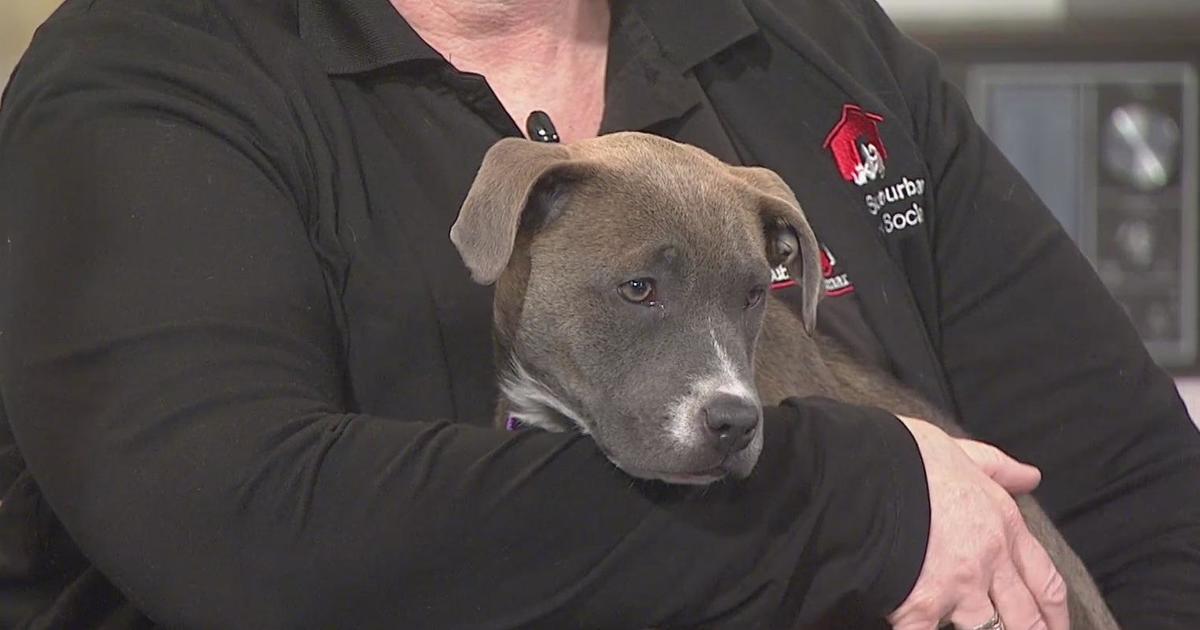Mental Health: There Are Apps For That
(CBS) -- Mental health counseling is literally at your fingertips. Digital mental health can extend care to those who can't afford it, at a fraction of the cost of an in person visit.
CBS 2's Vince Gerasole reports.
Timothy McAlister isn't playing around on his phone. An interactive mobile app is helping him cope.
"I am someone who suffers from OCD (Obsessive Compulsive Disorder), so I have tons of anxiety," McAlister says.
He never thought his phone would be his counselor.
"I was always kind of skeptical. How much help can you get from therapy on your phone?"
The app called Daily Feats encourages McAlister to set daily goals, from getting out of bed to interacting with other people. The more goals met, the higher his score and the better his mood.
'It really help me feel self-control," he says.
David Mohr, Ph.D. from the Northwestern University Feinberg School of Medicine, calls it the start of a revolution.
He and his team developed a suite of interactive apps that recreate exercises from therapy settings. His research finds they help boost the moods of users with anxiety and depression.
"In fact, they can be as effective as psychotherapy or antidepressant medications," Mohr says.
Gerasole tried one: a Stanford University app called Woebot – a bot that gives advice.
"I'm being truthful here," Gerasole says. "With my daughter graduating from college, I was feeling nervous about being an empty nester. In response, the app told me that in order to let it go completely I must first acknowledge any reason to not let it go. In other words, there was no good reason to hold on to that anxiety."
Lynn Barrette is a licensed clinical social worker. She provides online digital counseling through a service called BetterHelp to patients she never meets personally. She only works this way with patients dealing with milder psychological challenges.
She says this is not for everyone.
"It's for people who maybe are going through a difficult period in their lives that is more situational, rather than long term," she says.
Some mental health advocates worry this new kind of therapy is largely untested and unregulated.
"What we have to do is do empirical research to understand how it's going to be most effective, how we can best implement these kinds of tools in a safe and ethical manner," cautions Alyson Zalta, Ph.D., a clinical psychologist at Rush University Medical Center.
Other concerns involve how an emergency case would be handled if someone were suicidal. The Woebot app CBS 2 tested has an automated warning urging people to call 9-1-1.
But with other apps, therapists might not even know a patient's name. That would make it impossible for them to report someone who is suicidal or dangerous.
Other examples to check out: IntelliCare and PsyberGuide.



